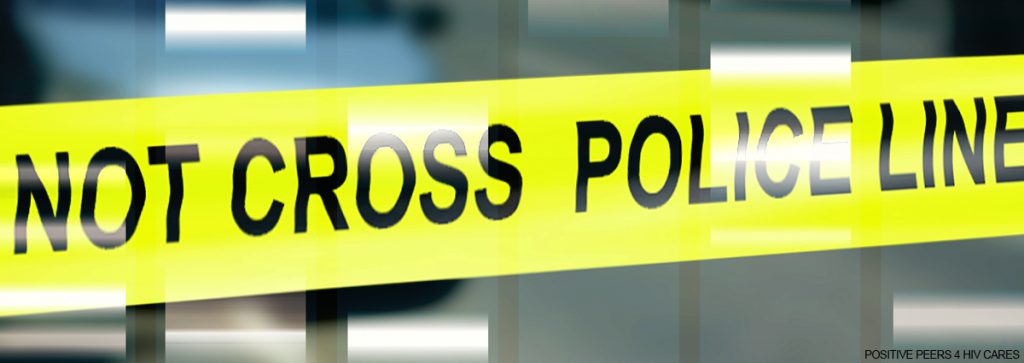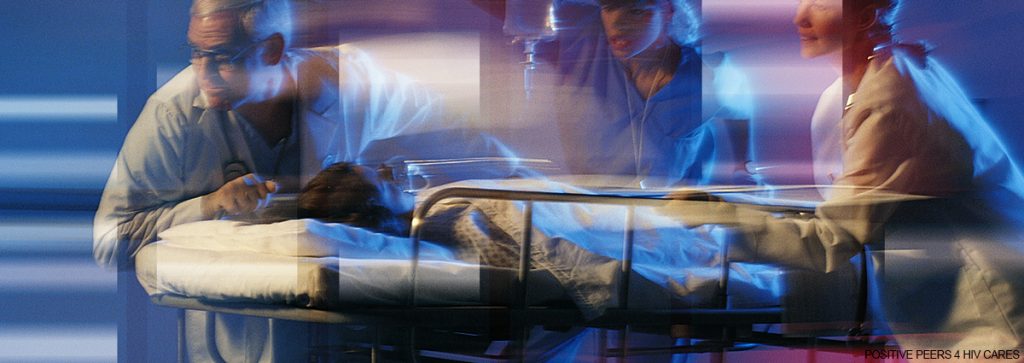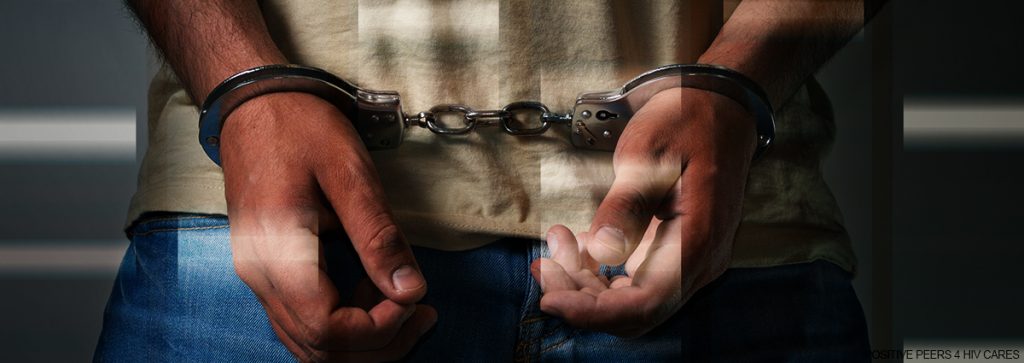
By: Ann K. Avery, MD, Infectious Disease Physician at MetroHealth Medical Center
Sexual assault survivors can feel violated and terrorized. The fear and anxiety are like nothing they’ve ever experienced.
If it happens to you, go somewhere safe immediately. It could be a well-lit restaurant, a police station, a hospital emergency room, or a close friend’s living room.
Try not to linger at the site of the incident.
When you find a safe place, try to calm down and figure out what to do next. Taking several deep breaths and focusing on the sound of your breathing — tuning out the rest of the world — can fight off panic and put you back in control.
Here are a few crucial points we encourage you to remember:
- It wasn’t your fault. This is the most important thing to try to understand. It doesn’t matter if you’ve had sex with the person before. It wasn’t your fault. It doesn’t matter if you said yes to kissing but no to sex. Blaming yourself reinforces trauma and makes it harder to heal.
- It’s in the past now. You can’t change it, but you can determine your future.
- It’s a crime of violence. The criminal deserves to be punished.
- You’re not alone. The help and love of people you trust can get you through it.
- It’s okay to cry (or not cry). This is not a weakness. Your emotions are real, it’s okay to feel them.
Local resources
This informative Q&A from our friends at Cleveland.com can help you figure out what to do next. MetroHealth’s Emergency Room has SANE nurses who specialize in assisting people who have been sexually assaulted.
You also can contact the Cleveland Rape Crisis Center, which has locations throughout the region. Call or text (216) 619-6192 or (440) 423-2020. They have people standing by around the clock to help get you through this.
Should you report the assault?
You have every right to keep your attack to yourself. A substantial proportion of assaults go unreported, so don’t feel like you’re the only one if you decide not to report the incident.
In an ideal world, you’d report the assault, the police would arrest the attacker, a jury would convict, and a judge would impose a prison sentence. In the real world though, you may know the attacker and fear the consequences of getting the police involved.
No one can tell you the right thing for you do to. Sexual assault is so personal — there are rarely black and white answers to dealing with it. At the end of the day, you are responsible for taking care of your own well being first.
You have a lot of tough decisions ahead of you, but these tips can help you move forward:

1. Preserve the evidence
You may want to avoid the urge to take a bath or shower right away. You may still have DNA and other evidence on you and your clothes. If you wash that away, you lose evidence critical to a conviction. Even if you don’t think you’ll press charges now, you may change your mind down the road.
If you go to a hospital, a nurse (usually a specially trained nurse, called a SANE nurse) will likely collect the evidence (your clothes, any DNA under your fingernails, and swabs from around your body) and pass it off to police. You don’t have to speak to police right away — or at all, if you don’t want to.

2. Get medical attention
Assaults often damage sensitive tissues and cause bleeding. Emergency rooms have medical providers who are specially trained to see victims of assault., so they know what to do. They also have kits designed to help recover evidence of a crime.
The staff at the hospital can also help you weigh the pros and cons of pressing charges. The Cleveland Rape Crisis Center can send an advocate to your location to help as well.
Keep in mind, just because you get a medical exam or file a police report doesn’t mean you need to press charges. You can decide that at a later time when you’ve had some time to collect your thoughts.
Come join our private, stigma-free, supportive community.
Health management tools with medication & appointment reminders.
Social networking in a community conversation & private chats.
3. Get tested
While at the hospital, you may want to consider getting tested for pregnancy, HIV, and other STIs. It’s easy to do and take some worries off your plate.
Another option you might want to consider is PEP (Post-Exposure Prophylaxis). PEP is a regimen of two pills that, when started within 72 hours of the incident, can significantly reduce your chances of becoming infected with HIV.
And good news, here in Ohio PEP is free when you elect to complete a sexual assault testing kit. MetroHealth, Circle Health Services, and others around Cleveland are ready to provide these services free of charge.

4. Deal with the trauma
Your emotions will be scrambled. Many feelings seem strange or unfamiliar. It’s only natural to feel afraid.
Common trauma symptoms for sexual assault survivors include:
- Anxiety
- Insomnia
- Agitation
- Flashbacks
- Depression
- Not trusting people
- Abusing drugs and alcohol
- Self-harm
- Risky sex
Identifying the symptoms is the first step toward healing.
Most trauma survivors do not have the training or experience to treat themselves. It’s almost always a good idea to sit down with a therapist to sort it all out.
Here’s a helpful article explaining trauma in more detail and suggesting ways to cope.
The Cleveland Rape Crisis Center can help you find a trauma support group and a counselor.

5. Start healing
Feel-good activities can remind you that you can still experience joy and tenderness.
Maybe treat yourself to a new outfit or get involved in a club that will take your mind off the trauma.
Taking up a physical activity like aerobic dance, running, or weight training can help as well. Exercise releases hormones that improve healing and brighten your mood. And you get a sense of accomplishment that puts you back in control.
Some folks start hobbies that require intense concentration like painting or needlework. Others take up hiking in local parks.
Most of all, hang out with people who remind you that you are loved and appreciated. That human connection restores the sense of trust often lost after an assault.
You’ll get through this
Physical damage heals quickly, but emotional damage can last a lot longer.
We encourage you to be gentle with yourself and give yourself time to get better. It starts with putting one foot in front of the other and getting back to the business of living. There’s no guidebook for how long it may take to heal from sexual assault or trauma, but having loving relationships with friends and family that you can talk to about how you’re feeling can be some of the most helpful steps in moving past a harmful attack and becoming an even stronger you.
Related Blogs:



